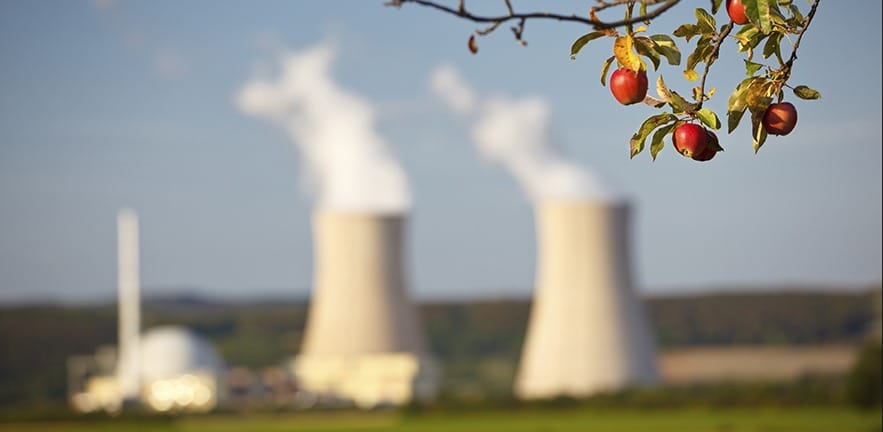New book by Simon Taylor of Cambridge Judge, The fall and rise of nuclear power in Britain, will be published on 2 March.
Nuclear power was deemed the technology of the future in post-World War II Britain before the industry declined in the 1990s, and now the UK has committed to building the world’s most expensive power station.
The rollercoaster history of nuclear power in Britain is the subject of a new book authored by Simon Taylor, Director of the Master of Finance Programme and Senior Faculty in Management Practice at Cambridge Judge Business School. The fall and rise of nuclear power in Britain will be published on 2 March by publishers UIT Cambridge.
The 256-page book details how power company EDF secured last year an investment of £4 billion from China General Nuclear Power Corporation, a crucial step toward the construction of the controversial Hinkley Point C in Somerset in southwest Britain – whose power will cost consumers double the current price for electricity. The project awaits a final decision by the EDF board.
So how did we get to this point where nuclear power is again seen as an essential part of the UK’s energy future? The book looks at several stages of nuclear power’s history in Britain.
The UK was a global leader in civil nuclear power from the 1950s to the 1970s, prompting a government minister of the day to proclaim: “We have won the jackpot this time, we have the greatest breakthrough of all times.”
The privatisation of electricity companies beginning in 1989 marked the beginning of a steep decline in UK nuclear power, as it was found to be not as cheap or efficient as previously thought – and it also became contentious politically.
Yet the revival of nuclear power came with the Climate Change Act of 2008, which was supported by green groups, as politicians came to realise that nuclear power would help meet commitments to decarbonise.
“Nuclear has raised high hopes in the past, only to disappoint badly,” says Simon Taylor. “History risks repeating itself: although nuclear is a proven way of reducing carbon emissions, it seems always to be more expensive than promised.”



